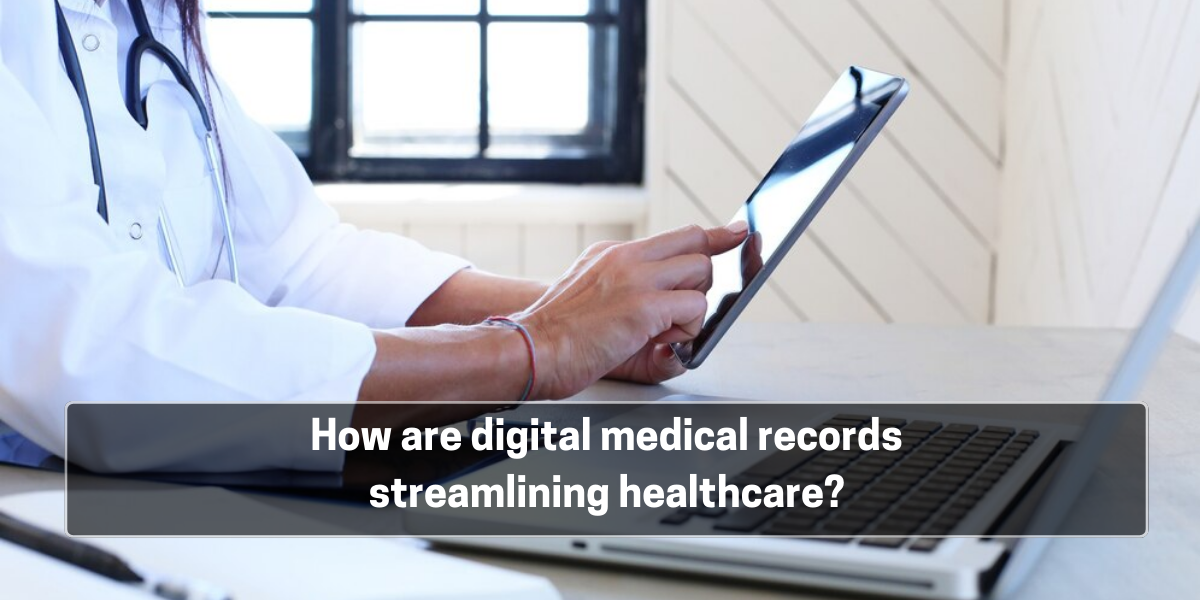Electronic medical records have significantly reduced the burden on healthcare staff by limiting the risk of critical errors in record-keeping or while providing care. Previously, healthcare workers had to rely on their memories a lot more to ensure they did not miss vital information. Here, we share some of the ways in which electronic medical records have led to reduced stress for workers in the healthcare sector.
- Streamlined workflow:
Electronic medical records have streamlined or automated several important tasks, such as billing and the management of prescriptions, among other tasks. Hence, healthcare staff do not have to devote considerable time and effort to manage paperwork. This reduction in administrative burden alleviates stress for the workers. It also helps them concentrate more on delivering quality care to patients.
- Improved organisation and accessibility:
It helps healthcare staff access a patient’s complete medical history, including diagnosis, medical tests, and treatments, with just a few clicks. This quick and easy access to patient information helps them make better-informed decisions. Furthermore, digital medical records ensure the accuracy and completeness of patient information, as the system automatically updates the records with new information/ This feature helps the staff avoid errors and deliver more efficient and effective care, thus making their jobs less stressful.
- Better communication:
Electronic medical records have resolved significant communication barriers that existed among different healthcare professionals. By sharing real-time data, the platform ensures transparency and clarity in care plans. This transparency and clear communication make the healthcare team’s job easier and less stressful.
- Decision support tools:
Electronic medical records have helped prevent many errors by incorporating features such as alerts to notify caregivers of potential drug interactions and reminders for timely preventive care. This has lessened the workload and associated stress for healthcare staff.
Need information on EMR for nursing homes? How do EMR and eMAR benefit nursing homes in the UK?
With detailed information about each resident’s medical history, preferences, and care needs, EMRs help healthcare professionals develop personalised care plans. These tailored plans can lead to better health outcomes and a higher quality of life for residents. Also, EMRs make it easier for nursing homes to adhere to health care regulations and standards. They can quickly generate reports and documentation needed for compliance audits.
Electronic Medication Administration Record (eMAR) is used to electronically document the administration of prescribed medications to patients. The primary purpose of eMAR is to ensure adherence to the “rights” of medication administration, such as the right patient, right drug, right dose, and right time. To know more about eMAR, book a demo today.







